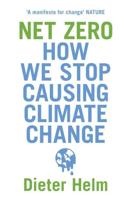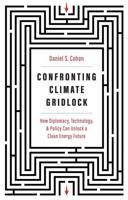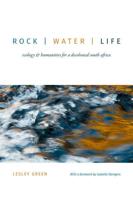Publisher's Synopsis
The Great Lakes-Erie, Huron, Michigan, Ontario, and Superior-form the largest body of surface fresh water on the planet. The Great Lakes basin is home to more than 30 million people in the United States, and the lakes provide drinking water to 40 million people in the United States and Canada and are vital to the economies of both countries. Oil spills threaten the water quality and ecosystems of the Great Lakes. Vessels, pipelines, rail, and on- and nearshore facilities cause most of the spills in the region. Although most spills on the lakes are less than 10 gallons, most technologies that exist to mitigate damage from oil spills were developed for saltwater environments; less progress has been made on improving methods of containment and removal in freshwater and ice conditions, which differ in density, water-circulation patterns, and ecosystems from those found in salt water. In 2016, Congress passed a bill that directed the U.S. Co











